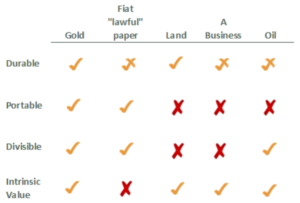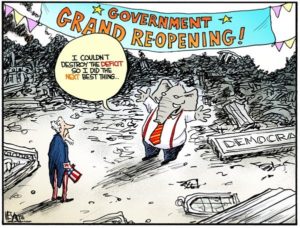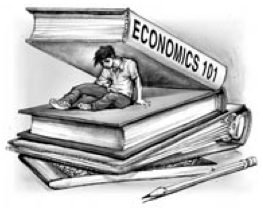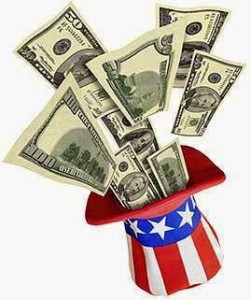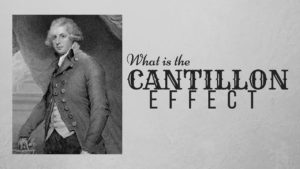
Why Adam Smith Does Not Work!
Another Force Present: Cantillon Effect
Though Adam Smith gets the lion’s share of the credit for defining modern economics, he takes a back seat to Richard Cantillon who laid the framework which made Adam Smith’s theory possible {Richard Cantillon: The Founding Father of Modern Economics. Mises Daily Articles. Mises Institute.}. His only surviving treatise, Essai sur la nature du commerce en général, {Essay on the Nature of Trade in General} predated Adam Smith’s, Wealth of Nations, by forty years. One of his most intriguing concepts has come to be known as the Cantillon Effect which is the subject of this short post. Not only is it unknown to most non-economists, it is obscure even to most economists; Austrian, Keynesian, Chicago School or otherwise! But first, we must obey Logic’s Law of Identity and define some banking terms and operations; it will not be long or boring but it will be surprising! Continue reading “Why Adam Smith Does Not Work!”


